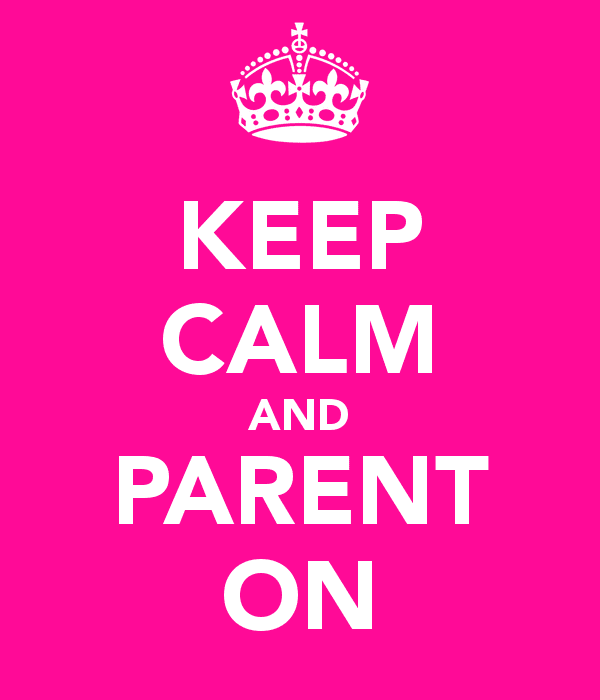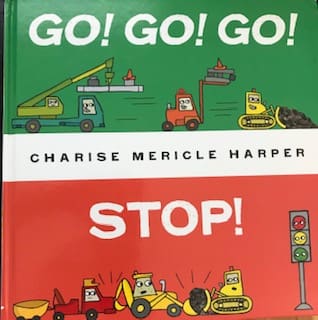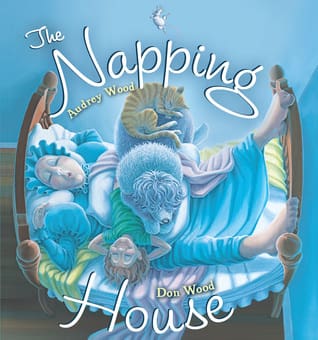This is my second post on discipline for young children. If you want more of an overview and some key points to keep in mind when developing an approach to discipline for your family, check out my first post.
One caveat to all this is that every family and every child is different. What works with one child may not work with another child, and what one parent is comfortable doing, another is not. And as Mary says, "The baby in the book does not exist." Meaning that if you read a parenting book--or this blog--and try some of the ideas but they don't work, that's okay, because no child behaves consistently, and no one behaves just like the book says they will.
Perhaps the biggest key to effective discipline is consistency. Of course, you know this, but it's hard to keep telling your child no when she asks 40 times for candy in the checkout line, getting louder and more whiny every time. When you are in those moments, remember that if a child tests a limit 10 times and gets the same result every time, she will know for sure what the limits are (which helps her to feel safe and secure), and she will eventually stop testing. If she gets even 2 or 3 different responses over those 10 times testing that limit, she may feel anxious and not know whether that limit is firm or not, so she will keep testing it. Kids are scientists constantly trying to make sense of the world around them, and they like to know that something is always going to be the same. But they have to be sure, so they will keep testing you like you are their science experiment.
So what are some strategies you can use so you can be consistent? Distraction and ignoring can be helpful in these situations. When she asks for candy the first time, look her in the eye and say calmly (don't get mad yet!), "We are not getting candy today." If she keeps asking, try ignoring the question and point out something else, or ask her a question totally unrelated to sweets. I also love using humor, like saying in a silly voice, "Candy!? You don't need any candy! Your belly is already full of giggles!" and tickling her. The more angry and irritated you get, the harder she is going to push, so try to remain calm.
If you are having a hard time staying calm, it's okay to tell your child that, and it's actually really helpful for you to model some strategies for calming yourself down for your child. "I am getting really frustrated, so I am going to close my eyes and take three big deep breaths." This helps the child learn those same strategies. (Remember, kids learn the most from what they see us do, not from what we tell them to do.) Try to avoid too much talking, and making the situation about you and your feelings, though. You are the adult, and while it's okay for you to get mad, it is not your child's responsibility to make you feel better.
Another great thing to keep in mind is that you want to set your child up for success. Find the check out line that has healthy snacks or just magazines, so your child isn't tempted by the candy. Don't make a toddler wait too long (meaning more than 5 minutes, max). If you tell him it's time to leave, be ready to leave as soon as he is. Don't keep so many toys available that when it's time to clean up he is totally overwhelmed by the task. When I worked in a classroom, I realized I had to get slip on winter boots, because if I got all the kids dressed in their gear and then sat down to start lacing up my boots, they would all start taking their clothes off again. It wasn't fair of me to expect them to wait, so I had to adjust my behavior.
One of the ways you set your child up for success (and keep yourself from going crazy) is to be sure you have age appropriate expectations. Young children do not have very good (or any) impulse control, the ability to delay gratification, or understanding of the future or of consequences. One of my favorite organizations, Zero to Three, has great tips on what to expect in your child's development: Zero to Three. If your child is over 36 months, PBS Parents also has great pages on kids age 2 and up, broken down by different areas of development: PBS Parents. (Keep in mind when reading these--and seeing other kids your child's age at the playground--that every child develops at his or her own pace, so not everyone is doing the same thing at the same time.) If you ask your child to do something she is not developmentally able to do yet, you are both going to lose it, because she can't do it, and you get mad that she won't do it.
In the next blog, we'll look at time outs, logical consequences, and punishment vs. reward.














